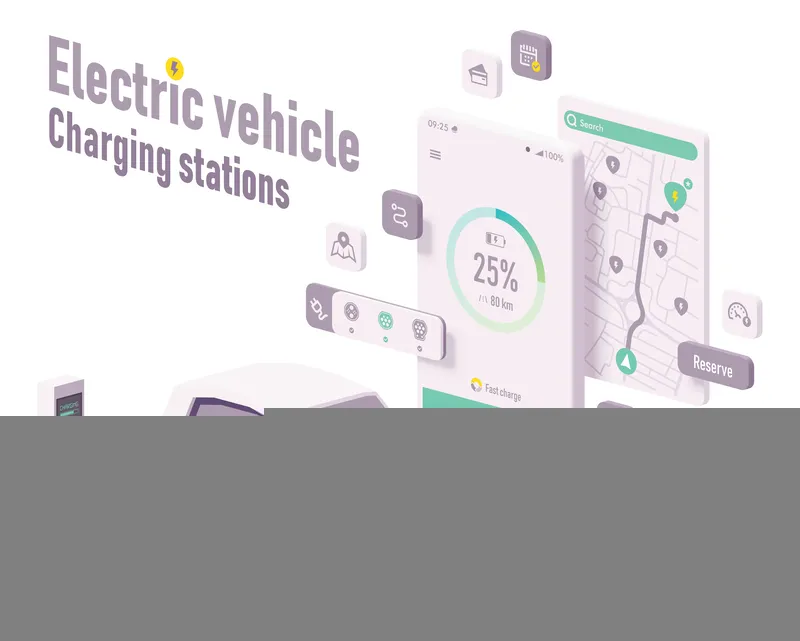The plan is scalable, allowing customers to choose how many EVs form part of the pilot. LP will also facilitate the implementation of charging infrastructure at customers’ offices and employees’ homes and, wherever possible, work with partners to ensure it is supplied with 100% renewable energy. Carbon offsetting will also be available for the non-electric cars that do not form part of the pilot.
A further rollout is planned for Italy, Spain and Sweden in the first quarter of 2018.
Tex Gunning LP chief executive officer, said: “We see an increasing demand for electric vehicle fleets from corporate companies that want to lower their overall emissions and help tackle climate change. As part of our 2030 Sustainability Strategy, LeasePlan is fully committed to helping these customers make the switch. We’re therefore delighted to be launching our electric vehicle pilot program for large corporate organizations here at the UN Climate Change Conference in Bonn. Making the switch to an electric fleet is one of the simplest ways for companies to rapidly lower their emissions and help tackle climate change – and we are committed to facilitating those companies that want to make the transition.”
LeasePlan announces EV pilot programs for companies
LeasePlan (LP) has announced the launch of its electric vehicle (EV) pilot program for corporate companies as part of its ambition to achieve net zero emissions from its total fleet by 2030, at this year’s UN Climate Change Conference in Bronn, Germany. The project aims to make it as easy as possible for companies that want to make the switch to low- EVs and it will be available in Belgium, France, Germany, the Netherlands, Norway, Portugal and the UK from December.
November 13, 2017
Read time: 2 mins








